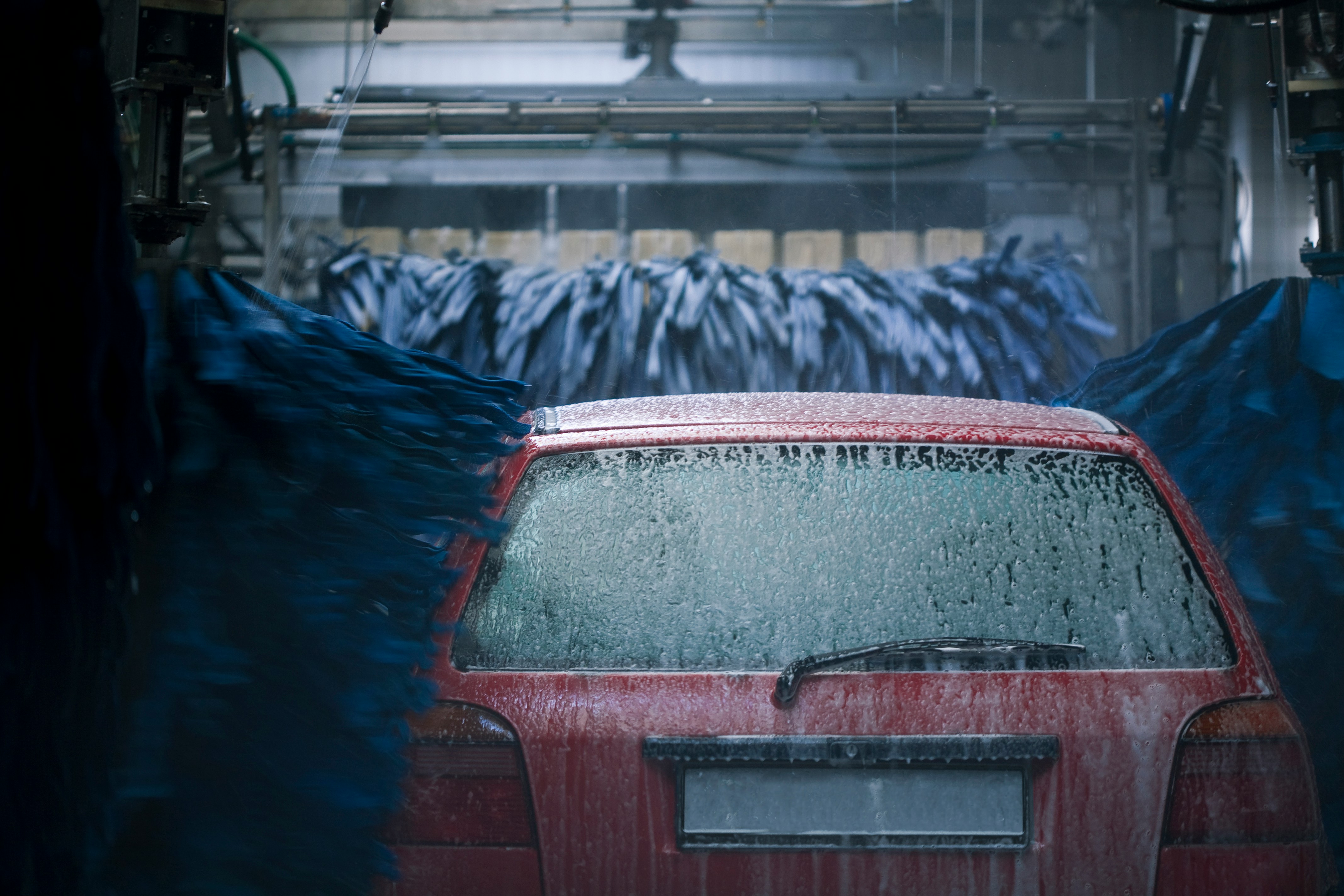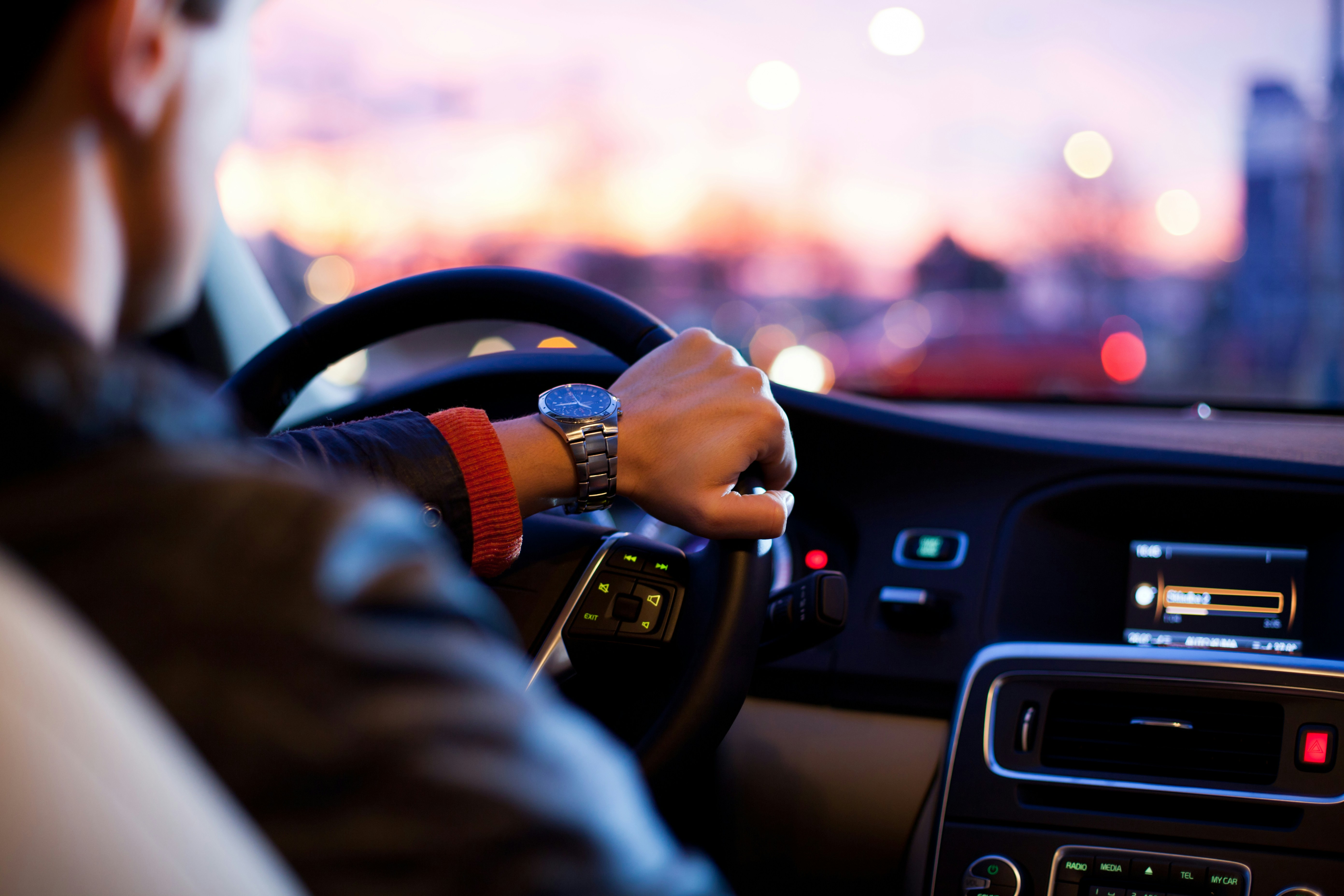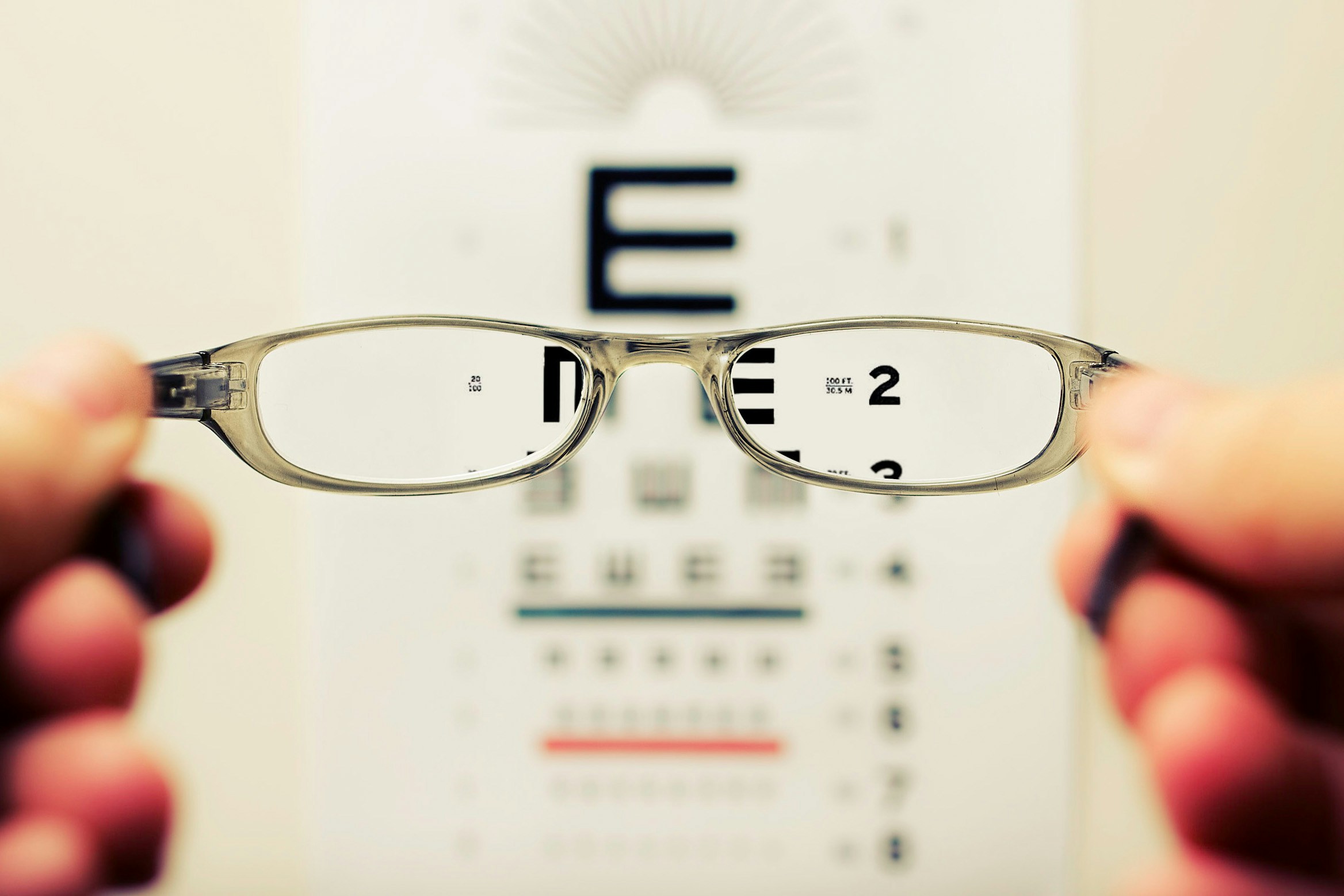Driving can be difficult enough on its own, but when you add in weather conditions and Mother Nature, it can be even harder. So you’re not wrong if you feel like driving at night is more tricky than driving during the day.
According to the National Highway Traffic Safety Administration, fatal accidents happen three times as often during the night versus during the day. So it’s always a good idea to have the right kind of car insurance, especially if you are an elderly driver.
There are several steps you can take to make sure your night drive is a safe and smooth one to prevent a car accident. Here are nine tips to help you navigate the roads safely in the dark.

This sounds like an obvious tip, but it’s an important one. Having a dirty window can be a nuisance during the day, but at night it can become a serious hazard. Dust, build-up, and even cracked windows can create a glare effect from lights, according to the NHTSA. Make sure to wash your windows regularly, and repair any cracks or chips that you might have as well.
Fog is tricky to drive through even during the day, but more so at night. Fog typically hangs just a few feet off the road, and your fog lights aim as low as possible to help illuminate the fog. If the lights are aimed too high, they’ll create a glare and blind oncoming drivers instead.

Lights can play tricks on our eyes at night, making the act of driving more dangerous. This can be a bigger problem for elderly drivers who might suffer from poor eyesight. Your headlights shine around 160 feet in front of you, and at 40 MPH, you need 190 MPH to stop. If the worst were to happen, and you do get into a car accident, having insurance is essential. It is especially needed in case there was a bodily injury, and can possibly help with medical expenses. Being prepared ahead of time with the proper insurance policy will save you thousands of dollars. You can compare car insurance with iSelect to find an auto insurance quote.
Keeping your car in excellent condition can easily prevent any kind of mechanical break downs, but doing this can also prevent accidents. Are your headlights working properly? Are they pointed in the right direction? If they’re off by just a little, they can shine into the eyes of your fellow drivers and blind them. Your turn signals should be in working order as well. You want others to see you on the road, and you want to see them. Unfortunately, car accidents aren’t called “accidents” for nothing. If you are an elderly driver, it’s even more important to have insurance for yourselves, too. You can check quotes for Medicare insurance to find the right one for you.
It’s important to get a quote before choosing a Medicare plan. There are a few different options, such as Medicare Advantage and Medicare Supplement plans. When you apply for a quote, it should be for your geographic location, as plans vary. It only takes a few minutes to get started, and you only need your email address, zip code, name, and phone number. Finding the right Medicare plan for you and your needs is essential.

Visibility can decrease at night, so you might not notice potholes in the road as easily. While you’re driving, be sure to check your surroundings often. If you live in rural areas, watch for wildlife such as deer and rabbits.
If you need to pull over to the side of the road, you need to be seen. If drivers can’t see you, that can increase the chance of being hit. Use your hazard lights when you pull off to the side and wait inside your vehicle for any assistance.
Drowsy driving can happen at any point, but especially during the night, so be aware of other drivers if you’re an early commuter. If you find yourself tired at night while on a road trip or driving for work, you can crank the radio or drink some caffeine to keep yourself alert. But if you’re drifting off while driving, it’s safer to just pull over or find somewhere to sleep.
These roads are tricky on their own, but at night the risk is even higher. If your window is dirty, like we mentioned earlier, a passing car’s headlights could cause a glare. Two-lane highways also tend to have sharper turns and are poorly lit. It’s best to avoid them if you can.

You should have your eyes checked regularly to ensure that your vision is in tip-top shape. Glare can become a bigger problem the older you get, and you could need a different prescription at night.
You can’t predict when an accident is going to happen, but you can make sure you’re driving as safely as possible. The best thing you can do for yourself is to be prepared with the right car insurance. You can compare car insurance with iSelect to make sure you have the best coverage.